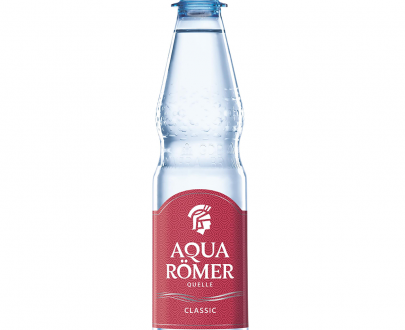Calcium and magnesium content of drinking water may have a protective role against CVDs. Lower intakes of dietary magnesium (less than 186 mg daily) are associated with higher risk of coronary heart disease. Higher magnesium intakes may improve cholesterol metabolism and prevent cardiac arrhythmia.
The cardiovascular system consists of the heart and its blood vessels. A wide array of problems can arise within the cardiovascular system, a few of which include endocarditis, rheumatic heart disease, and conduction system abnormalities. Cardiovascular disease, also known as heart disease.
The role of water hardness as a risk factor for cardiovascular disease has been widely investigated and evaluated as regards regional differences in cardiovascular disease. This study was performed to evaluate the relation between calcium and magnesium in drinking water and diet and risk factors for cardiovascular disease in individuals living in hard and soft water areas with considerable differences in cardiovascular mortality.
References:
2) Cardiovascular safety of calcium, magnesium and strontium: what does the evidence say?
3) WHO: Mineral Elements Related to Cardiovaccular Health
4) Dietary Magnesium and Cardiovascular Disease: A Review with Emphasis in Epidemiological Studies
5) Magnesium for the prevention and treatment of cardiovascular disease







Reviews
There are no reviews yet.